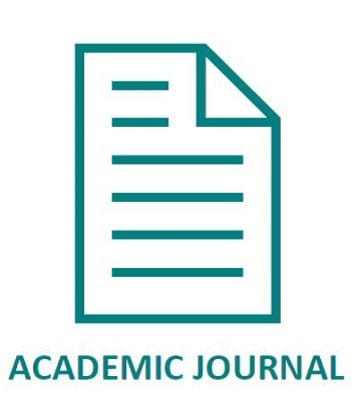Structuring climate adaptation through multiple perspectives: Framework and case study on flood risk management
Abstract
Adaptation to climate change is being addressed in many domains. This means that there are multiple perspectives on adaptation; often with differing visions resulting in disconnected responses and outcomes. Combining singular perspectives into coherent, combined perspectives that include multiple needs and visions can help to deepen the understanding of various aspects of adaptation and provide more effective responses. Such combinations of perspectives can help to increase the range and variety of adaptation measures available for implementation or avoid maladaptation compared with adaptations derived from a singular perspective. The objective of this paper is to present and demonstrate a framework for structuring the local adaptation responses using the inputs from multiple perspectives. The adaptation response framing has been done by: (i) contextualizing climate change adaptation needs; (ii) analyzing drivers of change; (iii) characterizing measures of adaptation; and (iv) establishing links between the measures with a particular emphasis on taking account of multiple perspectives. This framework was demonstrated with reference to the management of flood risks in a case study Can Tho, Vietnam. The results from the case study show that framing of adaptation responses from multiple perspectives can enhance the understanding of adaptation measures, thereby helping to bring about more flexible implementation practices.
Citation
Radhakrishnan, M., Pathirana, A., Ashley, R. and Zevenbergen, C. (2017). Structuring Climate Adaptation through Multiple Perspectives: Framework and Case Study on Flood Risk Management. Water, 9(2), 129. doi: 10.3390/w9020129. Copyright © 2017 Mohanasundar Radhakrishnan et al.
Note: Journal articles and conference papers (and links where available) are available under open access arrangements where possible. Otherwise please contact your institution’s library, the authors, or publishers to organise full access.
